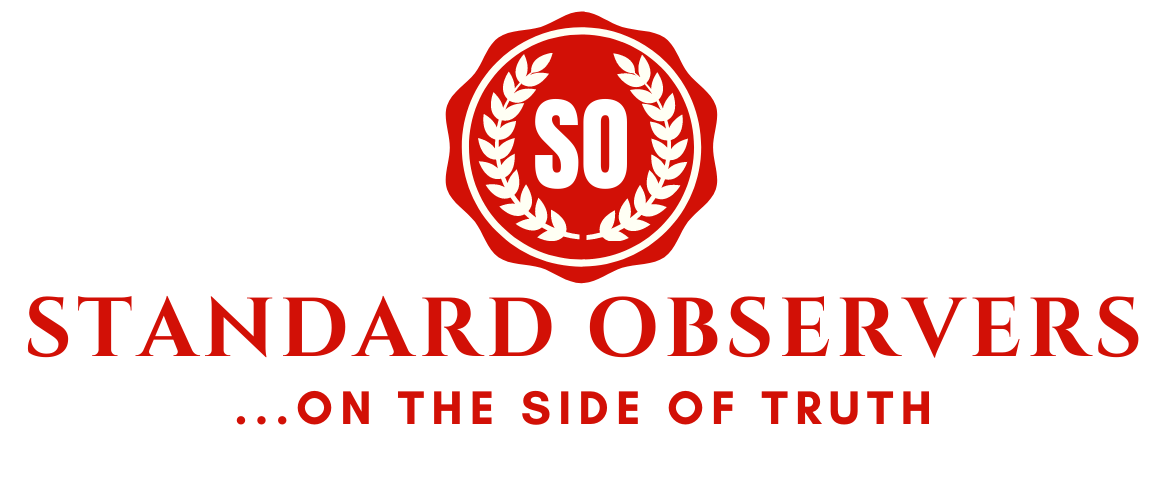The ruble surged to the highest level in seven years against the euro as more foreign companies appeared to be complying with Vladimir Putin’s demand that they switch to paying in Russia’s currency for natural gas.
The ruble jumped as much as 9% against the euro, hitting its strongest level since June 2015. The Russian currency was up 6.6% against the dollar at 58.0625 in Moscow.
Capital controls, collapsing imports and surging energy prices have left the ruble about 20% stronger than before the invasion of Ukraine almost three months ago. The central bank’s gradual easing of the restrictions on the market hasn’t been able to reverse the appreciation, which could become a problem for the budget as a large share of revenue comes in foreign currency.
On top of that, many foreign clients of Gazprom PJSC are complying with Putin’s demands by opening foreign currency and ruble accounts with the gas giant’s lending arm, Gazprombank, to transfer funds for conversion.
“Euro-ruble volumes are very high,” said George Vaschenko, head of the Russian stock market operations department at Freedom Finance LLC. “It looks like this was caused by the conversion to rubles of hard-currency revenue from Russia’s natural-gas exports to Europe.”
Trading in the euro versus the ruble on the Moscow Exchange more than doubled in volume on Thursday compared with the previous day, according to Moscow Exchange data.
Under the new mechanism, importers of Russian pipeline gas must open two accounts at Gazprombank to handle payments for the fuel. Around half of Gazprom’s more than 50 foreign clients have already opened such accounts, Deputy Prime Minister Alexander Novak said earlier this week.
He didn’t specify the companies or countries complying with the new payment mechanism, saying only that some of Gazprom’s major clients have either paid for deliveries or are ready to pay on time, avoiding a supply cutoff.
Last month Gazprom halted gas flows to Poland and Bulgaria for non-compliance with Putin’s decree. Finland said there’s a “real risk” that its gas flows will end this week as it refuses to pay in rubles.
“The exchange rate could potentially go even stronger,” said Evgeny Koshelev at Rosbank. “The overhang of hard currency liquidity can’t be absorbed by internal means — banks are less and less interested since there’s no demand, the population doesn’t have any way of using it.”







